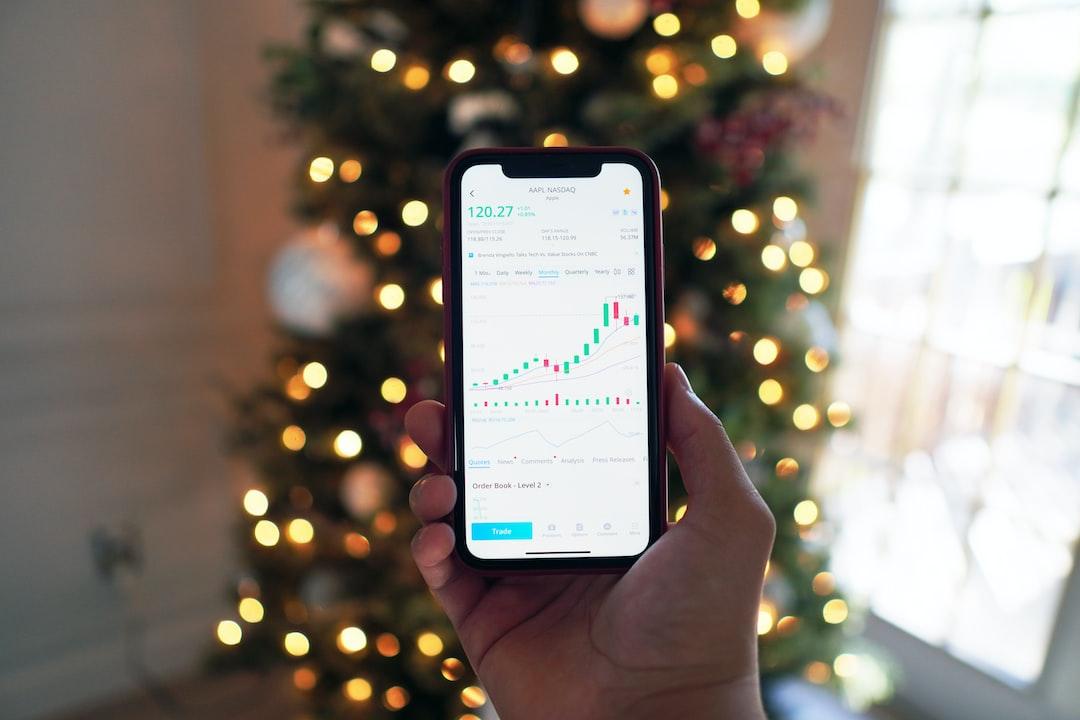According to a report from “The Block,” the Uniswap Foundation has shared details about the timeline for the launch of the v4 protocol. Erin Koen, the governance lead of the Uniswap Foundation, mentioned in a post on the governance forum that the release of Uniswap v4 is expected to take place later this year, with the timeframe depending on the successful implementation of the upcoming Cancun upgrade for Ethereum (targeted for the end of September). Following the Cancun upgrade, the v4 protocol will still need to undergo a comprehensive auditing process, which could take up to four months.
The v4 draft code released by Uniswap on June 13th indicates that Uniswap v4 will move towards a more modular trading structure, primarily by introducing “hooks.” Hooks are a type of feature that allows users to create highly customizable pools, providing capabilities such as dynamic fees (adjusting fees based on volatility or other factors), on-chain limit orders, Time Weighted Average Market Maker (TWAMM), depositing liquidity beyond the range into lending protocols, custom on-chain oracles, automatic compounding of LP fee income, and distributing MEV profits back to LPs.
Additionally, the v4 version will introduce the “Flash accounting” system, which will bring lower fees for LPs. Unlike the v3 model, where assets are transferred in and out of pools after each swap, Flash accounting only transfers based on net balances.
The Uniswap team expects that Flash accounting will save a significant amount of gas fees in v4. This mechanism relies on “Transient storage,” which will be enabled in the proposed Ethereum EIP-1153 change, expected to be integrated during the Cancun upgrade.
In this scenario, Koen stated that the next phase in the development process of Uniswap v4 is the “protocol code freeze” stage, which includes incorporating EIP-1153 into the v4 code. Therefore, the launch of the v4 version depends on the successful integration of EIP-1153 into the Cancun upgrade, with Koen suggesting that this could happen as early as September, while security audits are estimated to take 1 to 4 months after the Cancun upgrade.

